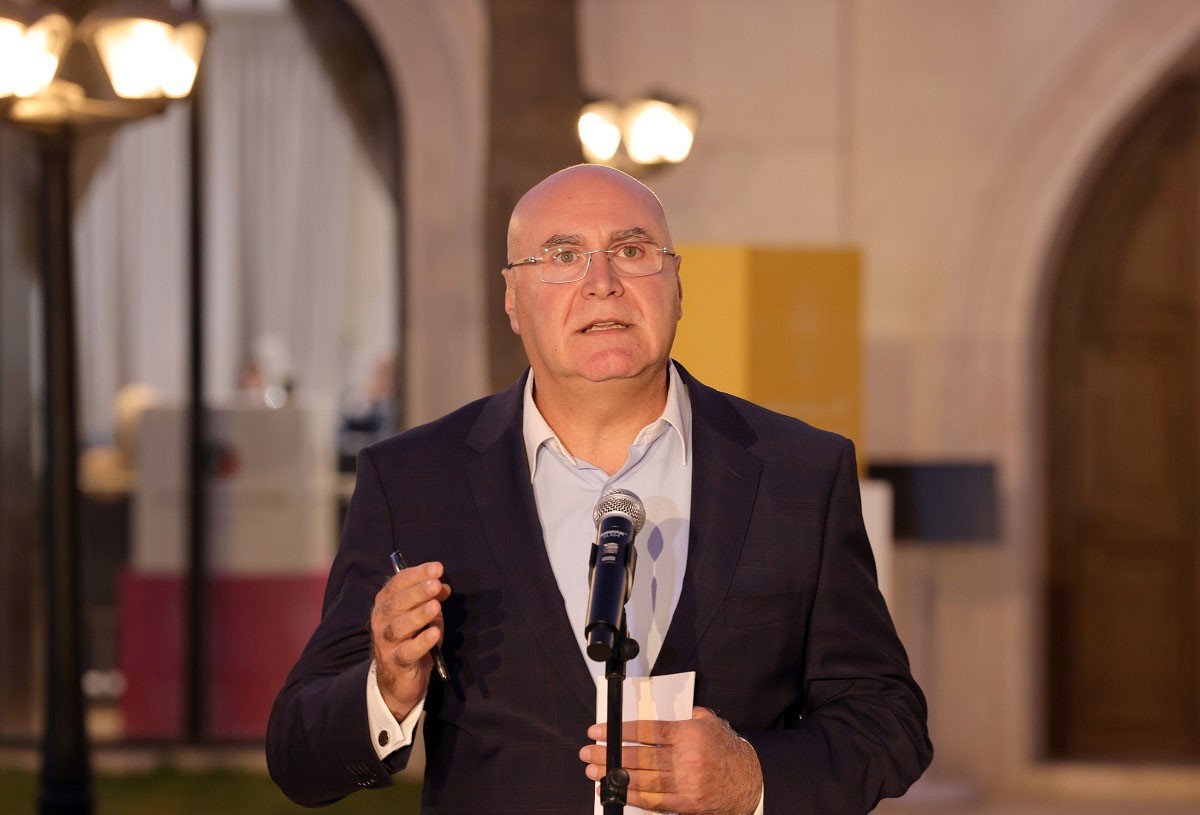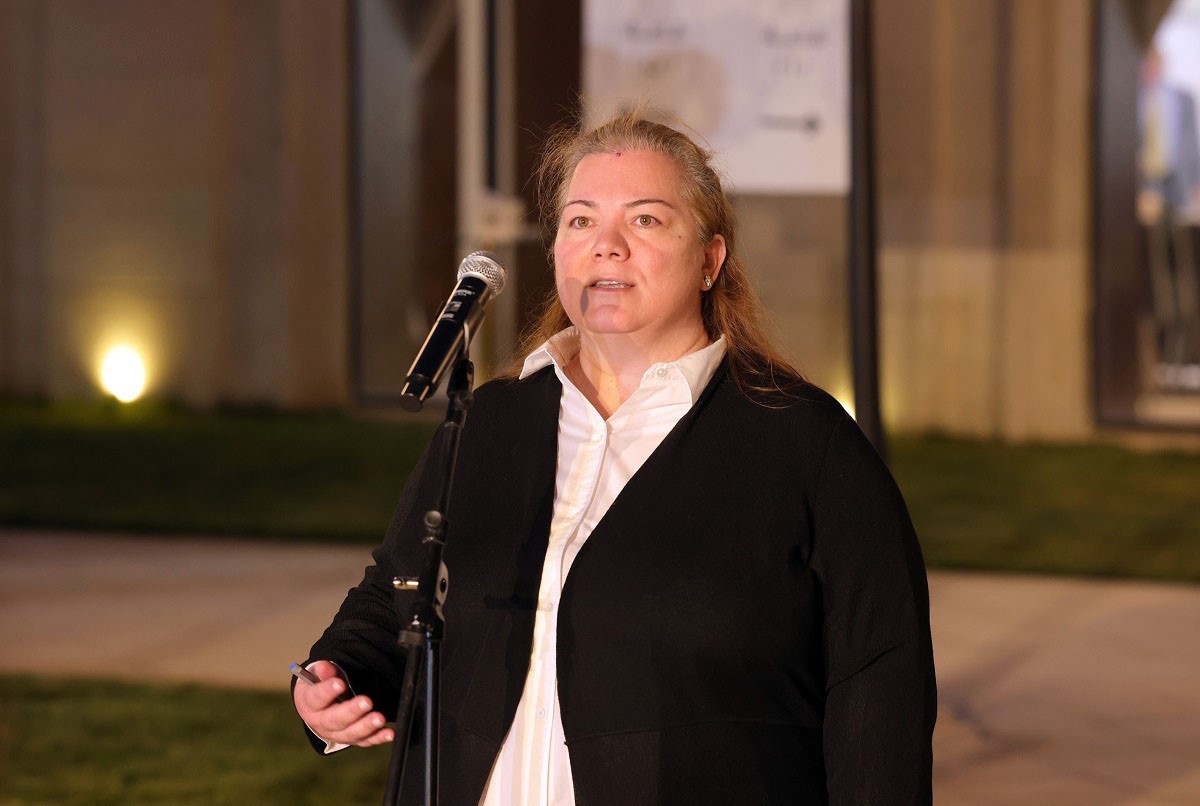Minister of Government Communication Dr. Mohammad Al-Momani announced that the sectoral working sessions to prepare the second executive program, held over five days, included 17 sectoral sessions covering all drivers of the Economic Modernization Vision.
اضافة اعلان
He noted that the sessions, which extended from August 23 until today, witnessed broad participation from representatives of the public and private sectors, academics, media professionals, civil society institutions, and specialized experts. By the end of the day, the total number of participants had reached 674, reflecting the participatory nature of the process to ensure that the upcoming executive program becomes a product of joint effort.
He added that the sessions listened to a wide range of viewpoints and proposals, demonstrating the government’s commitment to the principles of transparency and partnership in decision-making, and ensuring alignment of national priorities with the needs of citizens and the private sector.

Al-Momani concluded by saying that this collective effort reflects the spirit of partnership with the private sector and reaffirms the government’s commitment to continuing its work to strengthen economic growth.
For his part, Minister of State for Economic Affairs and head of the economic team, Muhannad Shehadeh, stressed that the significance of the Economic Modernization Vision lies in its being cross-governmental and inclusive of multiple projects across all sectors. He pointed out that there are 550 projects, of which 121 will continue under the second executive program, adding that the focus is on the quality of projects rather than their quantity.
He emphasized that projects were evaluated according to clear criteria. In the second phase, the focus will be on major projects such as the railway, the National Carrier, inter-governorate transport, and gas projects, due to their significant economic and social impact. “Our work in the coming years will be legislative and procedural, but more importantly, focused on real, tangible projects with measurable outcomes,” he said.
Shehadeh noted that the Economic Modernization Vision has laid out the roadmap for governments to ensure that projects are genuine and contribute meaningfully to economic growth.
He further stressed that the disbursement of the capital budget will proceed as planned, but on its own will not achieve the targeted growth rates. What is required, he said, is partnership and complementarity with the private sector to realize the vision’s goals. He explained that the sectoral meetings define the types of projects with economic impact, which will be compiled into a booklet to be launched in October.

Shehadeh added that priorities will be set for the outcomes of the sessions, with a focus on quality, and further meetings will be held with specialized sectoral groups to generate new ideas to be included in the executive plan for the coming years. He affirmed the government’s full commitment to implementing projects that have a real impact on economic growth.
Minister of Planning and International Cooperation Zeina Touqan emphasized that integration with the private sector is essential to achieving the targets set in 2022. She pointed out that legislative, procedural, and regulatory measures are needed to help improve services, stressing that without private sector integration, the set targets cannot be achieved.
She added that the government will consider both service-oriented and economic projects that directly affect citizens’ lives, noting that recent economic indicators are positive, including an economic growth rate of 2.7%.
Touqan concluded by saying that meetings will be held with ministers of each sector to determine the projects to be included in the second executive program of the Economic Modernization Vision, based on the working sessions with the private sector and partners, and taking into account their economic impact.
--(Petra)



